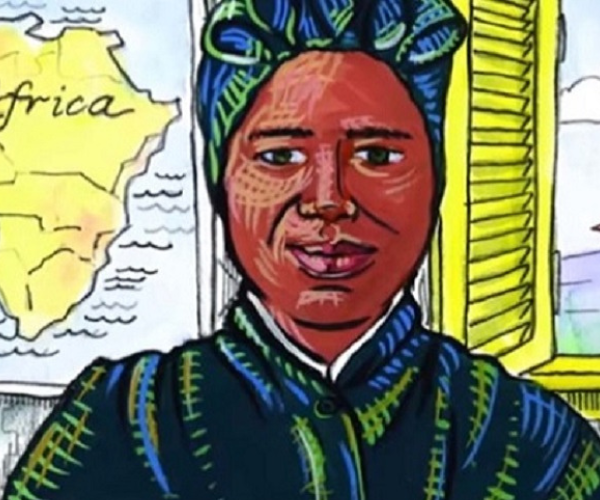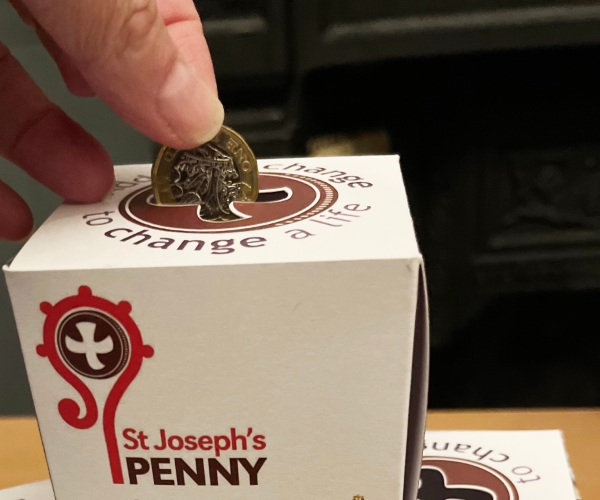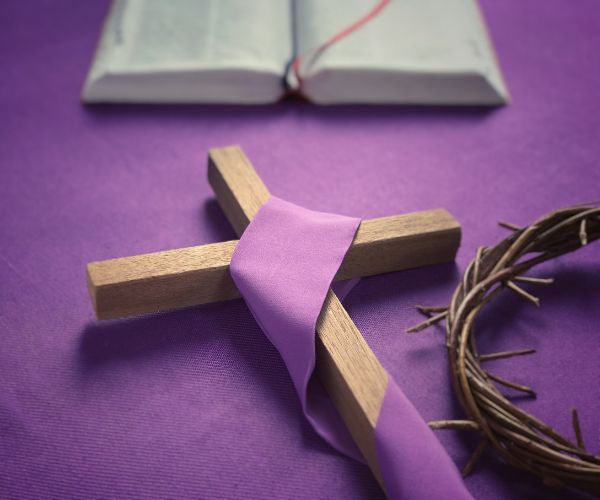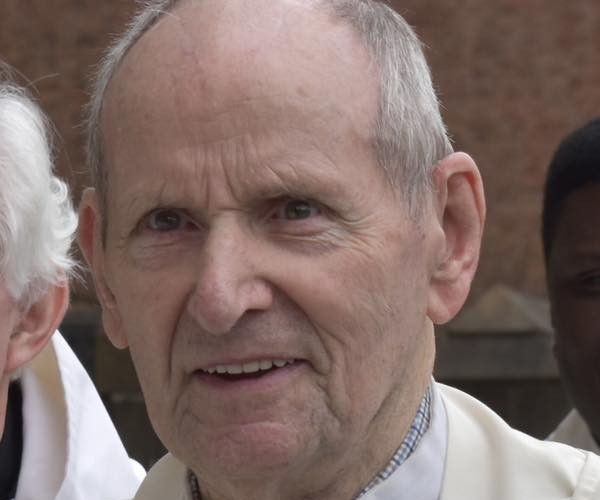
Day of Prayer Against Human Trafficking
Thursday 8th February 2024If you have watched the documentaries into Greater Manchester Police tackling OCG’s or have read an article on a young person’s experience with County Lines, you are seeing the impact of modern slavery in our region.
Modern slavery takes many forms and affects real people. From those impacted by drug gangs to those who were pushed to feel that their best option was to pay huge sums of money to a group to be transported across the world in unsafe and inhumane conditions.
It is difficult for many of us to imagine what can drive people to make these decisions. But human trafficking and modern slavery remains prevalent in our society and can be seen across our communities. It is estimated that there are 136,000 victims of modern slavery here in the UK today.
Thursday 8th February 2024 marks the tenth International Day of Prayer and reflection against human trafficking. The 8th February was chosen to host this important day as it is the Feast Day of St Josephine Bakhita. St Josephine was kidnapped and sold into slavery at the age of 7. After she was freed in Italy years later, she became a nun and has since emerged as a patron for all victims of trafficking. St Bakhita’s legacy remains in the work undertaken by the local anti-trafficking groups around the world.
Modern Slavery, its impact and how we as a diocese can play our part in eradicating this “crime against humanity” has been a particular focus for us in the last few years. A working group was established that includes representatives from across a range of diocesan departments, including our diocesan charity, Caritas Diocese of Salford. This has led to a number of activities and increased focus on how we can further engage and collaborate with our schools and parishes to increase awareness and action across the diocese.
In 2022, we shared our first diocesan Modern Slavery Statement. The statement was published jointly with Caritas Diocese of Salford, the Cathedral Centre Bookshop, and SDC Trading.
Marking the publication of the statement, Bishop John, said: “I welcome and endorse this Statement which acknowledges our potential complicity in human exploitation and commits the Diocese to doing everything we can to ensure that our supply chains are free of modern slavery.
“There is a global problem happening now. There are more slaves in the world currently than at the height of the Trans-Atlantic Slave Trade. The true number of people who are experiencing the trauma of modern slavery is unknown, but the Global Slavery Index estimates 40 million people worldwide and 136,000 people in the United Kingdom. This includes members of our own communities and parishes.
“People experiencing modern slavery and trafficking should rightly see our churches and social outreach as places of sanctuary and refuge. It is important, therefore, to ensure that all members of the church, clergy, parishioners, staff and volunteers are aware of the signs to look out for and how they can help survivors find protection and support.”
Last year, we made another important step towards our commitment to tackle modern slavery within the diocese as we issued a new code of conduct for suppliers. We are aware of the impact we can have as a diocese by using our power to influence the practises of the businesses through our procurement processes.
The code makes clear that all businesses, charities, and organisations have a responsibility to act in the fight against modern slavery. Our Code of Conduct for Suppliers represents our efforts to purchase services and works that avoid exploitative labour practice, have the least negative impact on the environment, and uphold the principle of human dignity. We expect suppliers not only to share our aspirations but to be taking active steps to check and audit their supply chains and their working practises.
Led by the work of the Modern Slavery Working Party, the implementation of the Code of Conduct was overseen by the Finance Department and is now in place for all new and existing suppliers.
In 2024, the group’s focus moves on to how we can support our parishes and schools. The Finance Department are beginning work on developing a preferred supplier list that we can share with our parishes and diocesan communities and will be offering support to help parishes deploy the Code of Conduct locally.
Working with Caritas we will also be helping to facilitate awareness training days to put into a diocesan context some of the signs that are most associated with modern slavery within our region. Each of us has a responsibility to remain vigilant to the signs to look for in our own communities.
We invite you to join today as we pray for an end to human trafficking and modern slavery.
Tagged | Bishop John | Caritas Salford | Catholic Church | Diocese | Parishes | Prayer



